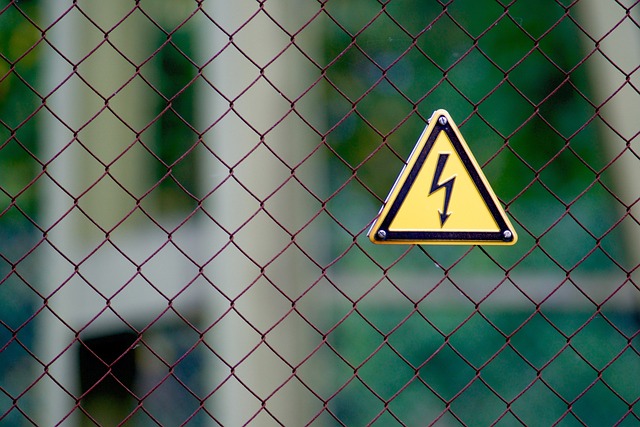Opioid withdrawal is a challenging process with intense cravings and severe symptoms. Kratom, a legal alternative in Michigan despite varying local laws, interacts with opioid receptors to reduce withdrawal effects. Understanding kratom's legal status and safe use is crucial for effective long-term recovery from opioid addiction.
“Experience a natural way to combat opioid withdrawal with Kratom. This powerful herb has gained attention as an alternative treatment, offering potential relief from intense symptoms. In this comprehensive guide, we explore the intricate relationship between Kratom and opioid withdrawal, delving into its benefits and legal considerations in Michigan.
Learn about the challenges of traditional withdrawal methods and discover why Kratom is emerging as a popular option. Uncover the science behind its effects and navigate the legal landscape to understand if Kratom is accessible for those seeking an alternative path in Michigan.”
- Understanding Opioid Withdrawal: Symptoms & Challenges
- Kratom as an Alternative Treatment Option
- Is Kratom Legal in Michigan? Exploring the Laws & Regulations
Understanding Opioid Withdrawal: Symptoms & Challenges

Opioid withdrawal can be a challenging and often uncomfortable process, characterized by a range of symptoms that vary from person to person. Initially, individuals may experience intense cravings for opioids, leading to physical and psychological dependence. When use stops or is significantly reduced, the body responds with symptoms like restlessness, anxiety, muscle aches, insomnia, diarrhea, and nausea. These withdrawal effects can be severe enough to deter those struggling with opioid addiction from seeking help, creating a dangerous cycle of prolonged substance abuse.
Navigating this process involves addressing both the physical dependence and psychological attachment to opioids. While some people may manage mild symptoms through over-the-counter medications, more severe cases require professional medical support. Unfortunately, in places like Michigan, where kratom—a natural opioid alternative—is currently illegal, access to effective withdrawal treatments can be limited, adding another layer of complexity for those seeking recovery. Understanding the challenges of opioid withdrawal is a crucial step towards finding appropriate resources and support systems for a successful and lasting recovery.
Kratom as an Alternative Treatment Option

Kratom has emerged as a potential alternative treatment for those suffering from opioid withdrawal symptoms, offering a natural approach to managing addiction and its aftermath. While traditional treatments often involve pharmaceuticals with various side effects, kratom provides a different path. It is a herb derived from the mitragyna speciosa tree, native to Southeast Asia, and has been used for centuries in traditional medicine practices.
In the context of opioid withdrawal, kratom works by interacting with opioid receptors in the brain, helping to alleviate symptoms like cravings, anxiety, and insomnia. As an option, it is particularly relevant when considering the challenges faced by individuals in Michigan, where the legal status of kratom varies. Despite some cities and counties classifying it as illegal, is kratom technically illegal in Michigan at the state level, leaving room for those seeking alternative solutions to explore its potential benefits under specific guidelines.
Is Kratom Legal in Michigan? Exploring the Laws & Regulations

In Michigan, the legal status of kratom has been a topic of discussion and evolution. While there’s no specific state law explicitly prohibiting the use or possession of kratom, it’s important to understand the regulations surrounding its sale and distribution. Initially, some counties in Michigan banned the sale of kratom due to concerns over its safety and potential for misuse. However, as public awareness and research into this natural remedy have grown, many of these bans have been lifted.
Today, kratom is largely unregulated at the state level, meaning it’s generally legal throughout Michigan. Yet, it’s crucial to note that local ordinances can vary, and some cities or counties may still restrict or prohibit its sale and possession. Consumers interested in using kratom for opioid withdrawal symptoms should check their local laws and ensure they’re purchasing from reputable sources to avoid any potential legal issues related to is kratom illegal in Michigan confusion or misuse of this alternative treatment option.
In light of the challenges faced during opioid withdrawal, exploring alternative treatment options like kratom has gained traction. While understanding the symptoms and legal aspects, including whether kratom is illegal in Michigan, is crucial for those seeking help, research suggests that kratom may offer relief from withdrawal pains. However, it’s essential to note that more studies are needed to fully comprehend its efficacy and safety. As regulations evolve, individuals in Michigan should stay informed about the current laws regarding kratom use as an alternative treatment for opioid withdrawal.














